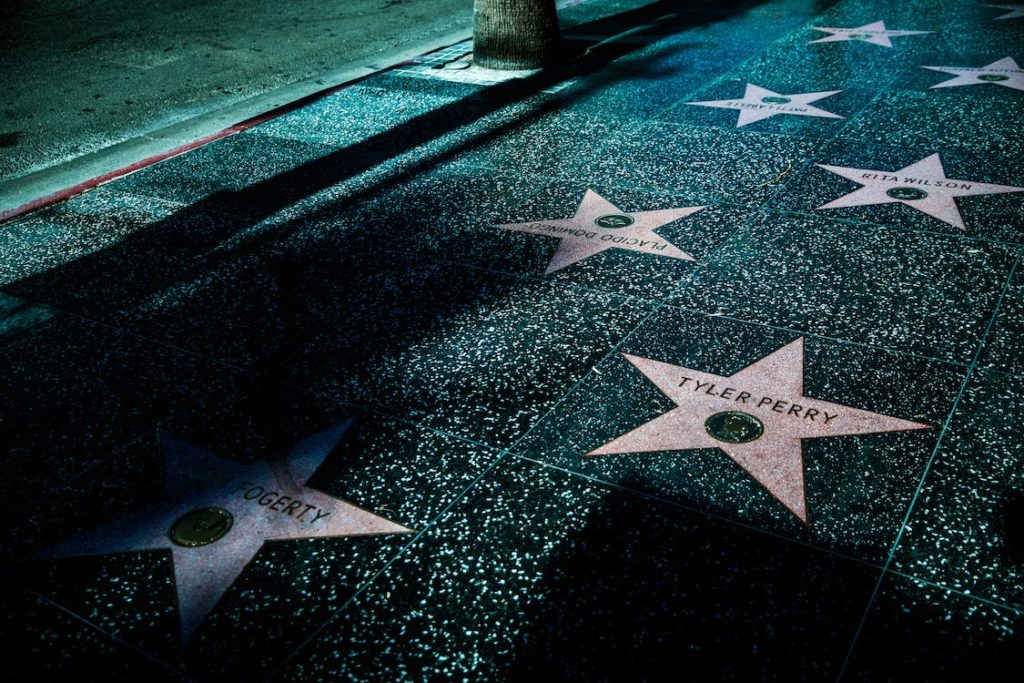Due to the talks surrounding the Reboot of the hit musical series, “Glee”, actor Kevin Mchale has already set the record straight that he will no longer play Artie Abrams, a character on the series who is in a wheelchair.
In a “Showmance” podcast shot back in 2019 with his co-star Jenna Ushkowitz, Mchale said he “didn’t know better” about playing Artie, a physically disabled character who uses a wheelchair.

“It couldn’t happen today,” he said in an exclusive interview with Insider. “What were we thinking? I can’t play that part.” the 34-year-old actor said.
Despite Mchale’s seeming condemnation of able-bodied actors playing characters with disabilities, a movement that many also campaign for, Hollywood’s record throughout the years would beg to disagree.
In fact, majority of actors who were recognized by the Academy and granted the highly-coveted golden Oscar statuette are those who played and gained sympathy for “effectively” portraying the arc of a disabled character.
There’s Eddi Redmayne who won in 2015 after playing Stephen Hawking in “The Theory of Everything”, the esteemed scientist who suffered from Lou Gehrig’s disease, and Jamie Foxx who played Ray Charles, the music legend who lost his sight in his early years, won an Oscar for best actor in 2005, among others.
Not that we’re counting, but since the awarding body started in 1929 and gave 61 nominations to actors who played a disabled character, 27 were able to bag the Academy Award (as of a 2020 data by the University of Southern California), where only three of those were played by artists with disabilities—Marlee Matlin won best actress award for “Children of a Lesser God”, the first Deaf actor to win an Oscar back in 1986, Harold Russell, a double amputee veteran who became the first non-professional actor to win two Oscars for his role in the 1946 film “The Best Years of Our Lives”, and just this year Troy Kotsur became the first Deaf man to win an Academy Award for best actor in a supporting role for “CODA”.
With regards to the long-hauled debate about representation on the big screen, how is barely casting actors with disabilities any different from placing women in a position of power as well as race and gender appropriation?
In a 2021 data by CDC, people with disability make up 26% of the United States census but only 3.5% of the characters on television are disabled.
“Unless it [casting calls] say ‘male, 30s, fit, amputee’ they won’t bring me in. For 95% of the roles, a disabled person doesn’t even have the opportunity to audition, not even to get the job but just to practice the art of auditioning,” Kurt Yaeger, an actor, athlete, advocate, and an amputee, said in an interview with Re:set.
Because the high hills of Hollywood become even steeper for persons with disabilities who are not granted the same privileges to be heard and seen both in front and behind the camera, they are depicted through either cliche tropes or mere supporting figures to bolster the development arc of the main character who has no disabilities.
In the same interview, when Yaeger was asked if Hollywood’s inclusivity among race, disability, and sexuality is changing fast enough, the actor implied that if there would be no one to tell their authentic story as an individual and not as a disability, people in the industry would lack holistic understanding to properly portray them.
“When you can change an individual’s perception then they become the advocate for you, or for themselves to create better characters, more dynamic storytelling, then they make better stories.“ he added.
Disability is Diversity
A PSA reads “Dear Entertainment Industry, there is no diversity, equity, and inclusion without disability.”
Launched last May, Disability is Diversity is the first campaign comprised of an all-disabled international team that will run through print, digital, audio, and billboards in Los Angeles, San Francisco, Chicago, and Atlanta, to urge the “entertainment industry players to explicitly include disability in every diversity, equity, and inclusion conversation and strategy”.
Supported by the Inevitable Foundation, a nonprofit created by Richie Siegel and Marisa Torelli-Pedevska to seek funding and mentorship for disabled mid-career screenwriters, as well as grant monetary awards to assist aspiring talents to succeed in the industry.
Other POP stories you might like:
Restaurant owner gets flak for questioning legitimacy of ‘able-bodied’ PWD card holders
Jennifer Aniston gets candid about her IVF journey for the first time
Billy Crawford’s career milestones most Gen Zs probably have never heard of
Selena Gomez apparently turned down ‘Camp Rock’ for Demi Lovato